12 Options for Replacing Eggs in Your Baking Recipes
Finding effective egg substitutes for baking can be a total game-changer when you're midway through a recipe and realize you're out of eggs.
This scenario is all too common in home kitchens, and knowing your options can prevent a baking disaster.
Whether due to allergies, dietary choices, or simply an empty carton, having reliable replacements at hand is essential.
The best substitutes are often common pantry items, ensuring you can keep baking without interruption.
In the following sections, you’ll discover tried-and-true egg alternatives and how to use them for excellent results in your favorite recipes.
Why Eggs Are Important in Baking: Their Roles Explaine
Eggs are a key ingredient in baking, and they do much more than just hold everything together, they add structure, moisture, and even help with flavor and color:
What to Swap Eggs in Baking
Sometimes eggs just aren’t available for baking day. That’s no reason to set your plans aside. A simple swap will keep the recipe on track. Baking is all about being flexible.
Applesauce
Substituting applesauce for eggs in baking offers a clever way to create moist, flavorful treats without animal products.
The pectin in applesauce works wonderfully as a natural binder, helping ingredients stick together just like eggs would do.
Many bakers love this swap for quickbreads, muffins, and pancakes since the high sugar content in apples complements these sweet treats perfectly.
Your baked goods will turn out more dense and moist when making this substitution, which can actually improve certain recipes rather than detract from them.
Mashed Banana
Ripe bananas serve as excellent binders in recipes, holding dry ingredients together while infusing moisture similar to applesauce.
Their natural sweetness makes them perfect for cookies, cakes, and other desserts where a hint of fruit flavor enhances the overall taste.
For those seeking a more neutral option, mashed avocado provides comparable binding properties without the distinct banana flavor.
Substituting ¼ cup of mashed banana for one egg works wonderfully in most baking recipes, making it a handy solution when eggs are unavailable.
This simple swap not only addresses dietary restrictions but also adds nutritional benefits from potassium and fiber found naturally in bananas.
Buttermilk Or Yogurt
Swapping eggs for plain yogurt or buttermilk in recipes keeps baked goods moist and delicious without compromising flavor.
These alternatives shine especially in brownies, cakes, and drop cookies where moisture matters most.
The natural acidity in yogurt and buttermilk works wonderfully with baking soda or powder to help your treats rise properly.
For best results, about 1/4 cup of yogurt or buttermilk can stand in for each egg in your recipe.
A simple addition of 1/4 teaspoon of baking powder gives that extra lift when needed, making egg-free baking easier than most people realize.
Carbonated Water
Carbonated water is an excellent egg substitute in many baked goods because it traps air bubbles that help dough rise naturally.
Many bakers find this replacement works best in lighter recipes like cupcakes, cakes, and pancake batters where a fluffy texture is important.
The simple ratio to remember is just 1/4 cup of carbonated water for each egg called for in your recipe.
This swap not only adds moisture but can also work alongside other egg alternatives such as fruit purees when your recipe requires multiple eggs.
For best results, mix the carbonated water into your batter just before baking to maintain those tiny bubbles that create such a delightful texture in your finished treats.
Baking Soda & Vinegar
Baking soda and vinegar create an impressive chemical reaction, producing carbon dioxide and water that helps pancake, cake, and quickbread batters rise beautifully.
The bubbling mixture works as an excellent egg substitute when you're in a pinch or need a vegan alternative for your recipes.
For best results, simply combine one tablespoon of vinegar with one teaspoon of baking soda to replace a single egg in your baking.
Many home bakers find this substitution particularly useful when making last-minute treats without running to the store.
Aquafaba
Aquafaba, the liquid found in canned chickpeas or left after cooking them, is an excellent egg substitute in many recipes.
This versatile ingredient works wonderfully in place of whole eggs or egg whites, especially in meringues when whipped with a pinch of cream of tartar for stability.
The neutral flavor makes it perfect for both sweet and savory dishes without altering the taste.
For replacement purposes, three tablespoons of lightly whipped aquafaba can substitute one whole egg in recipes.
Serious bakers can whip this magical liquid until it reaches the desired stiffness, similar to traditional egg whites, creating plant-based versions of previously egg-dependent recipes.
Arrowroot Powder
Arrowroot powder, derived from the South American Maranta arundinacea plant, is an excellent thickening agent and binder without adding any discernible flavor to your recipes.
The neutral taste makes it perfect for maintaining the intended flavors of dishes while providing structure to cakes and body to custards.
For those in need of an egg substitute, simply mix two tablespoons of arrowroot powder with three tablespoons of water to replace one egg in your baking.
This versatile ingredient contains significant starch content, similar to other alternatives like cornstarch, tapioca powder, or potato starch that can be used interchangeably in many recipes.
Ground Chia Seed
Chia seeds offer a fantastic substitute for eggs in baking because they're packed with omega-3 fatty acids and fiber, plus they work as a natural binder without changing the taste of your bread, cookies, or pancakes.
Making this swap is super easy - just mix one tablespoon of ground chia seeds with two tablespoons of warm water and a touch of vegetable oil to mimic an egg's richness.
The tiny seeds expand and create a gel-like consistency when soaked, which helps hold ingredients together just like eggs do in traditional recipes.
Many home bakers love this option since it's plant-based and adds extra nutrition to treats.
Ground Flaxseed
Substituting ground flax for eggs creates a natural binding agent that works perfectly in baked goods like banana bread and oatmeal cookies.
The distinct nutty flavor adds a delicious dimension to recipes while its gelatinous quality holds ingredients together in everything from meatloaf to crab cakes.
For best results, mix one tablespoon of ground flax with two to three tablespoons of water, then let it sit for about 10 minutes before using it to replace a single egg in your recipe.
Many health-conscious cooks appreciate that flaxseed brings beneficial omega-3 fatty acids to their dishes.
Silken Tofu
Silken tofu is a versatile egg substitute in many recipes, especially for vegetarians seeking protein-rich alternatives.
Most bakers find it works wonderfully in dense treats like brownies, cheesecake, and custards because it binds ingredients while adding moisture.
Simply measuring out a quarter cup of silken tofu can replace one egg in your favorite recipes.
The mild flavor disappears during baking, letting other ingredients shine through without changing the expected taste.
This plant-based option offers a smooth texture that blends easily into batters and helps create the perfect consistency in your baked goods.
Commercial Egg Replacer
Premade egg replacers offer a convenient solution for bakers who need to avoid eggs due to allergies or dietary preferences.
These store-bought options typically combine starches with leavening agents that effectively mimic the binding and rising properties of real eggs in recipes.
Popular brands like Bob's Red Mill and Ener-G have created reliable formulations that work well in many baked goods, though results may vary depending on what you're making.
Before using any commercial egg substitute, carefully check the ingredients list to avoid potential allergens that might be present in the mixture.
For best results, always follow the specific instructions provided by the manufacturer since each product has its own unique replacement ratio and mixing requirements.
Oil & Baking Powder
Substituting eggs in baking recipes offers a simple solution for those with allergies or dietary restrictions.
One large egg can be replaced with a mixture of one-and-a-half tablespoons vegetable oil, one-and-a-half tablespoons water, and one teaspoon baking powder.
This combination works especially well in pancakes and rolls where eggs function as a leavening agent.
Many bakers also use mashed bananas, applesauce, or commercial egg replacers depending on the specific recipe needs.
The key to successful substitution lies in understanding what role the egg plays in your original recipe.
Troubleshooting Common Problems with Egg Substitutes
Trying egg substitutes can be helpful for many diets, but sometimes things go wrong. Here’s how to fix some common issues:
Tips for Achieving the Best Results with Egg Alternative
Using egg alternatives in baking is a great way to make recipes vegan, allergy-friendly, or lighter, but a few simple tips can help you get the best results every time:
Choose the Right Substitute
Match the egg replacement to the role of eggs in your recipe, flaxseed or chia seeds for binding, baking powder and vinegar for leavening, or mashed banana and applesauce for moisture.
Measure Carefully
Use the correct amount for each egg (usually 1 tablespoon flaxseed meal + 3 tablespoons water per egg) to keep the texture just right.
Mix Well
Blend your egg substitute thoroughly with other wet ingredients to avoid clumps and ensure even baking.
Don’t Overmix
Once you add your substitute, mix just until combined so your baked goods don’t get tough.
Test Doneness
Egg-free recipes can bake a bit differently, so use a toothpick or check for golden color to know when your treats are ready.
Questions Bakers Ask About Egg Replacements in Baking
1. Will my baked goods taste different if I use an egg replacer?
Yes, some egg replacers can affect flavor and texture. For example, fruit purees might add sweetness, while commercial egg replacers are more neutral in taste.
2. Do egg replacements change the texture or rise of my cakes and cookies?
Egg replacers may lead to slightly denser or moister results, and sometimes the rise isn’t as high as with real eggs. Adjusting leavening agents can help.
3. Can I use egg replacers in recipes that require whipped eggs?
Certain egg replacers, like aquafaba, can mimic whipped egg whites for meringues or macarons. Not all substitutes can create the same airy texture.
4. Are egg replacements suitable for all types of baking, like bread, cakes, and cookies?
Most egg replacements work well in cakes, muffins, and cookies. Yeasted breads or recipes that rely on eggs for structure may not always turn out as expected.
5. How do I know which egg replacer will work best for my recipe?
It depends on whether the egg’s purpose is binding, leavening, or adding moisture. Check your recipe and select a replacer that fits that role.
6. Do I need to adjust baking time or temperature when using egg substitutes?
Baking times are usually similar, but some recipes may take a bit longer to set or brown. Start checking for doneness at the usual time and adjust as needed.
7. Why did my egg-free cake turn out gummy or dense?
Eggs help with structure and lightness. If a cake is gummy, try increasing your leavening agent slightly or use a different replacer better suited for cake recipes.
8. Will egg replacers work in custards or recipes where eggs are the main ingredient?
It’s challenging to fully mimic eggs in custards or flans, as eggs provide thickening and structure. Some vegan-specific recipes are designed for these cases.
9. Is it possible to freeze baked goods made with egg substitutes?
Yes, most baked goods with egg replacers freeze well. For best texture, wrap tightly and consume within a few weeks.
10. How do I store leftovers made with egg replacements?
Store as you would regular baked goods, in an airtight container at room temperature for a couple of days, or in the fridge for longer shelf life.

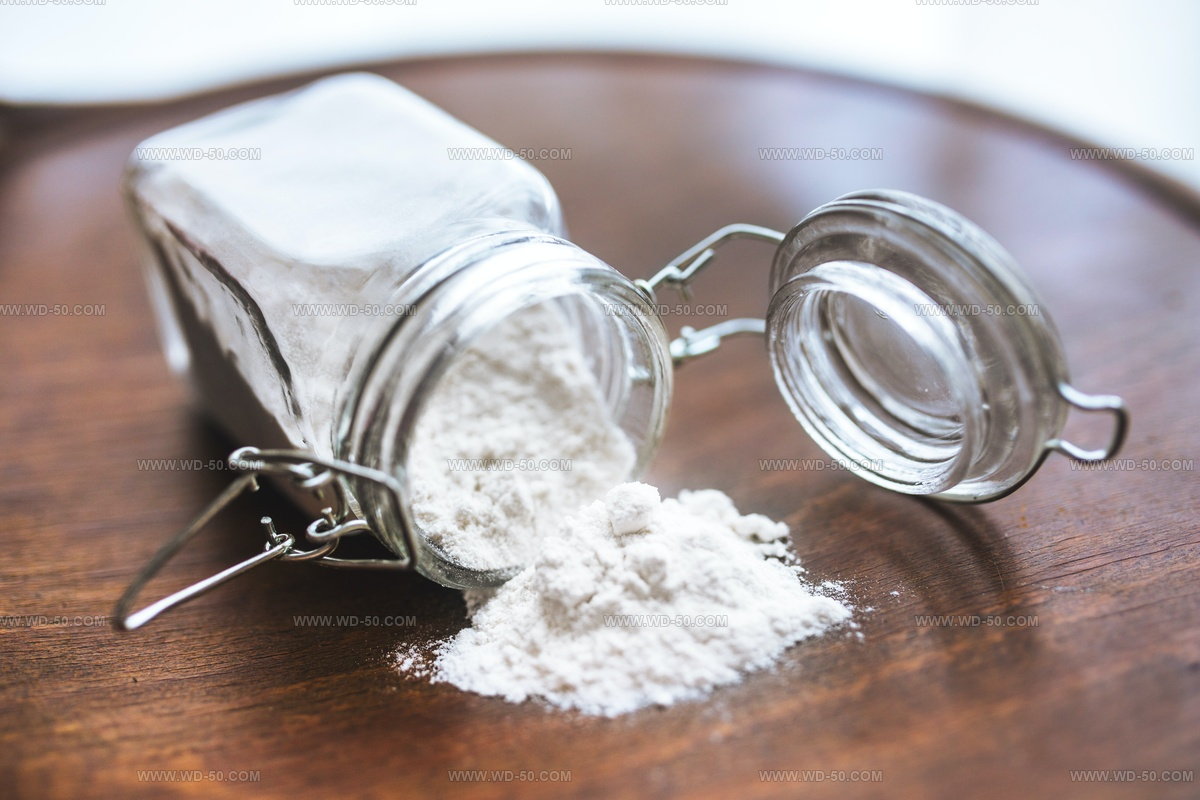
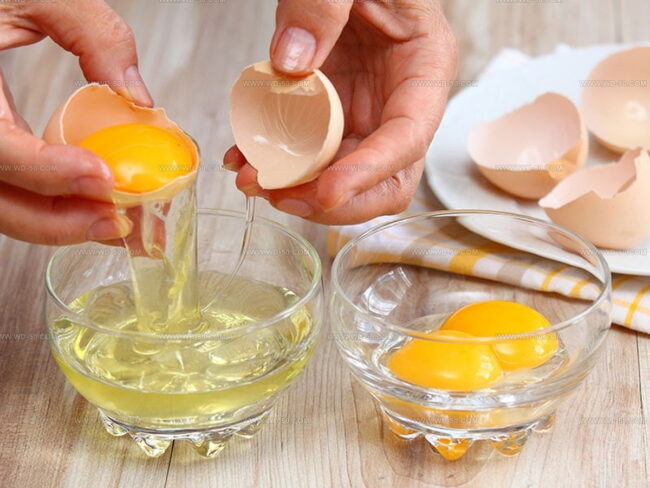
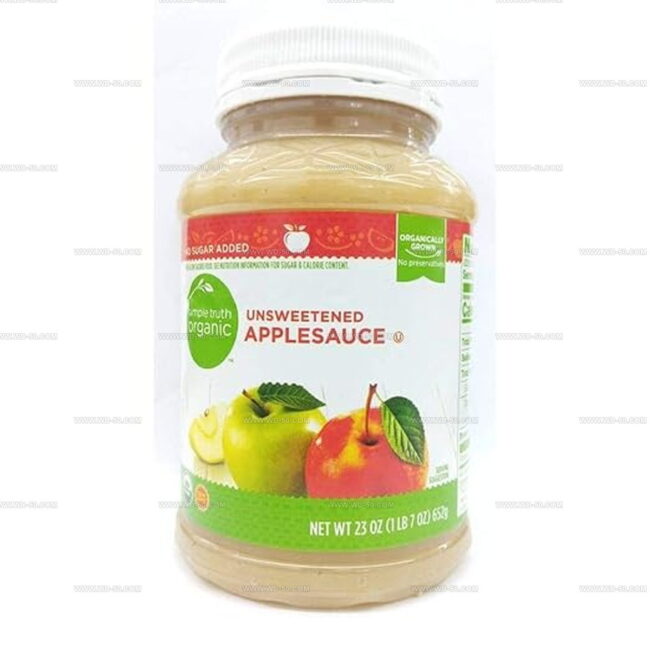
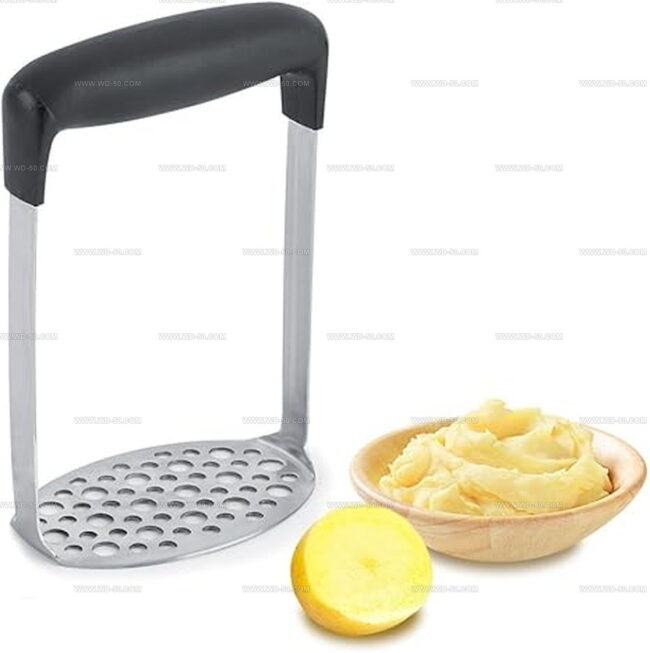
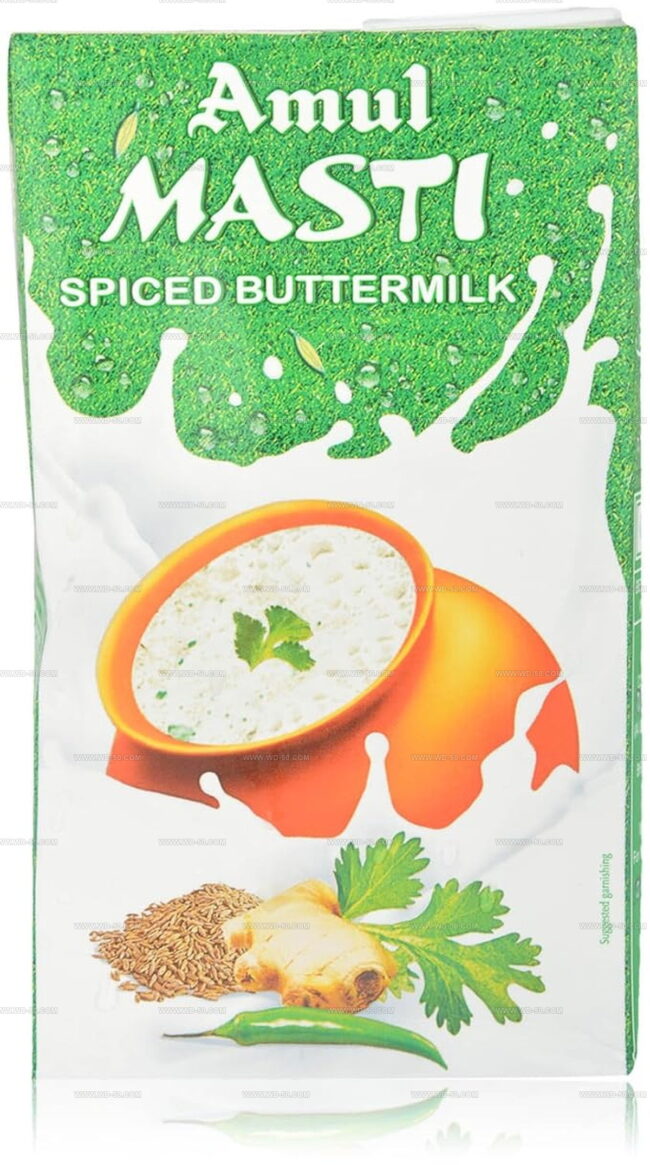

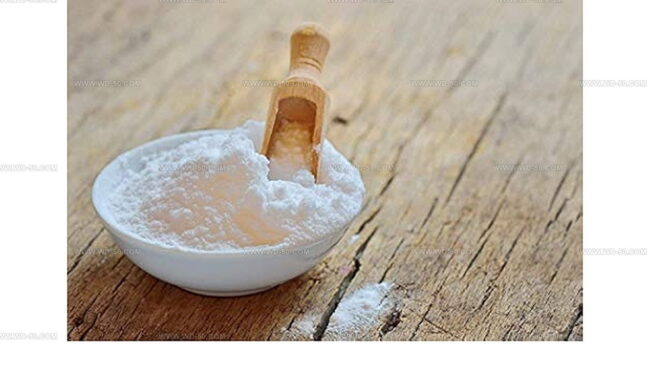
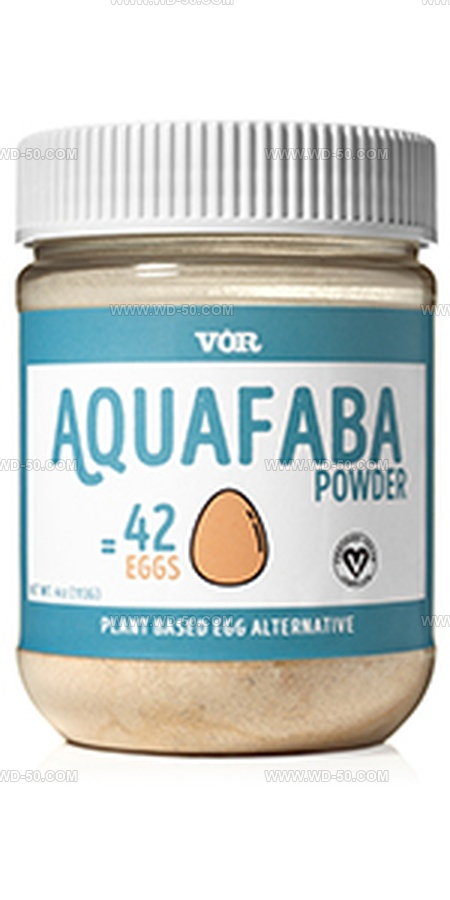
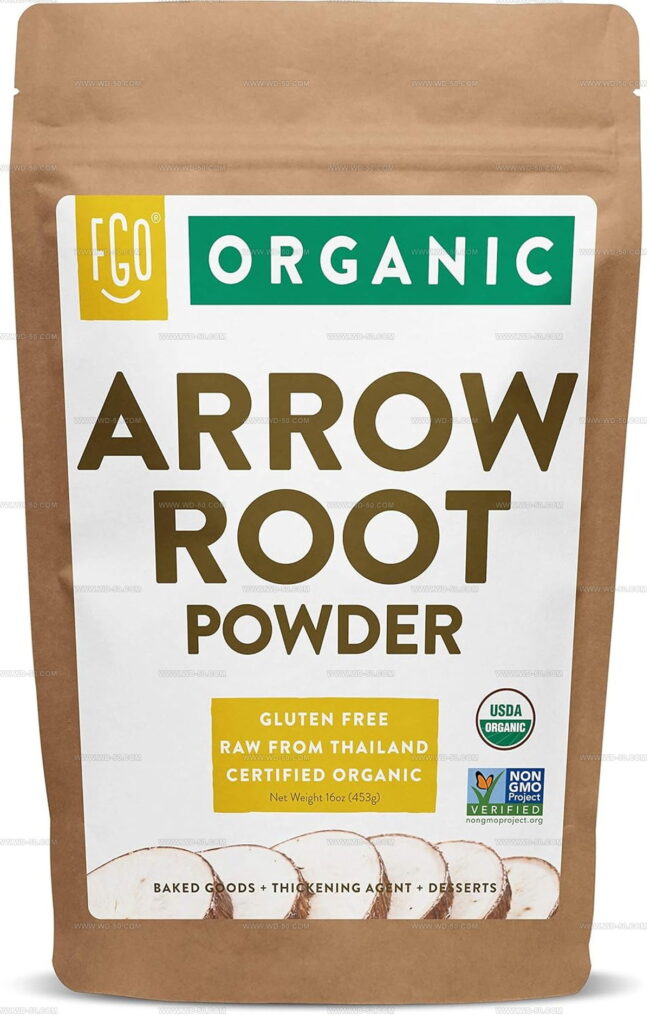
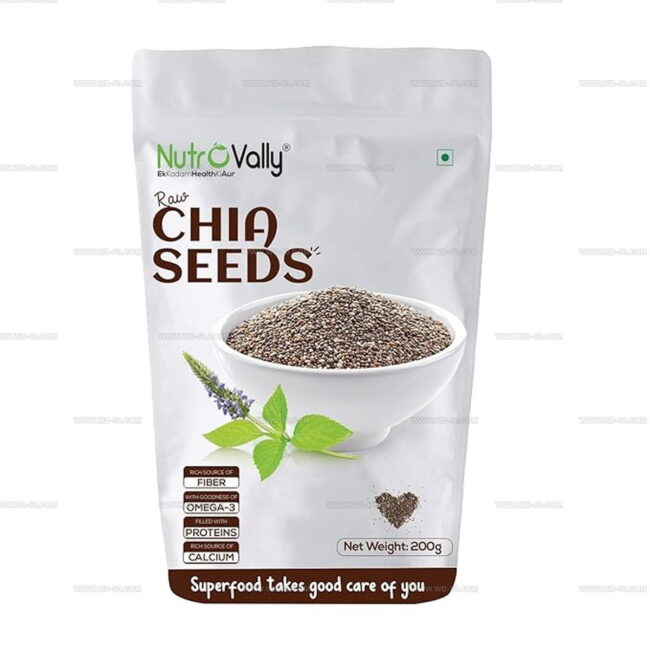
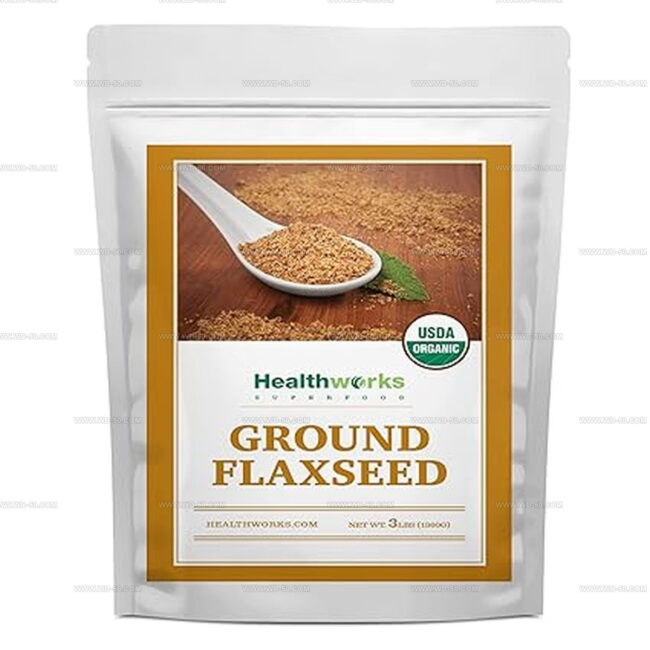
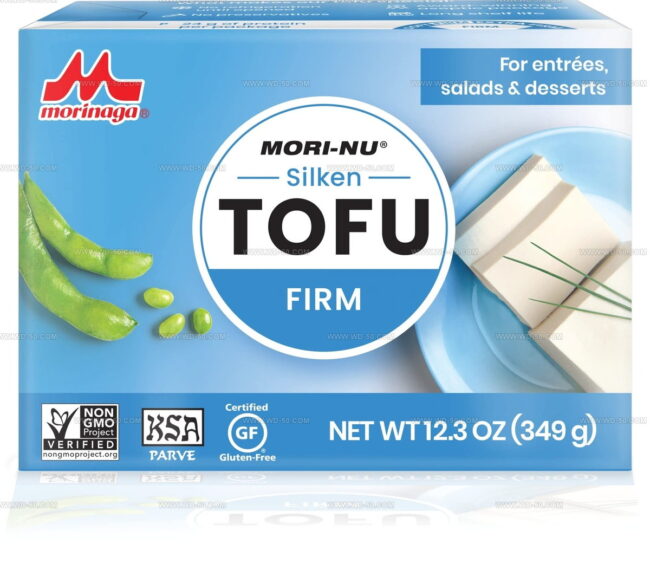
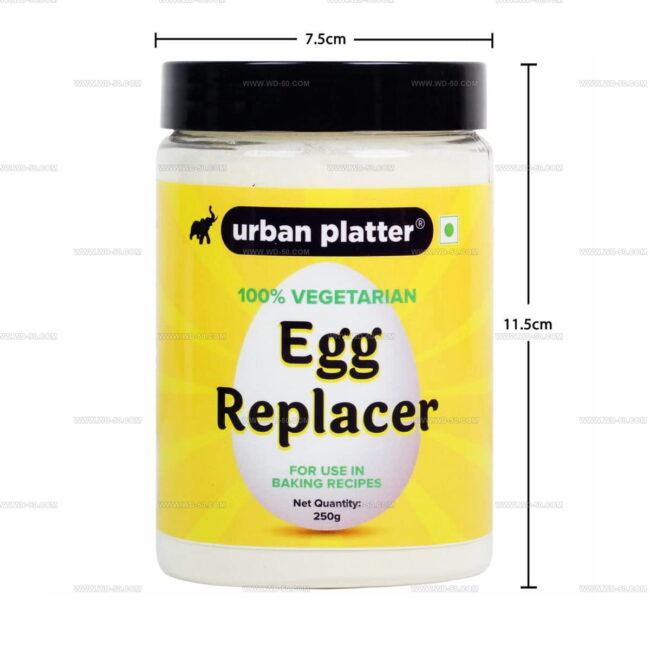
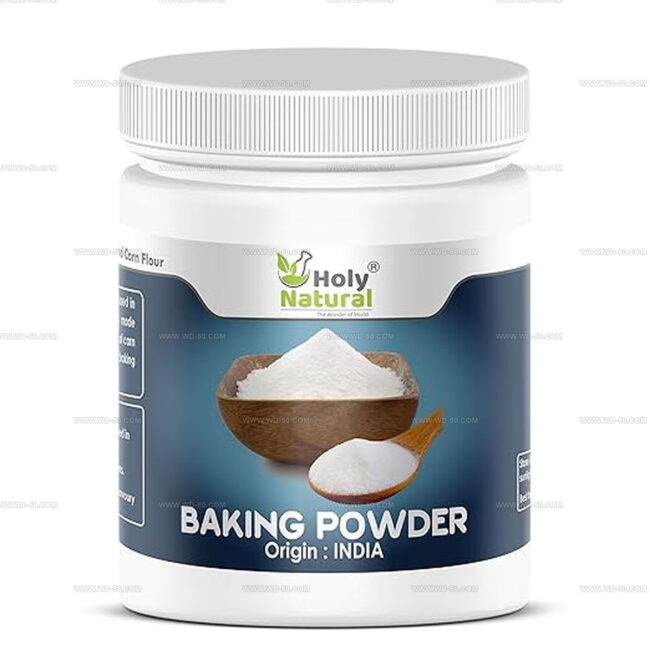
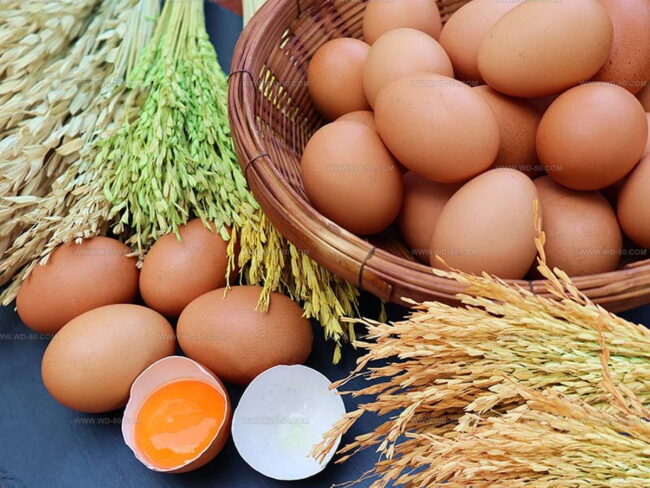
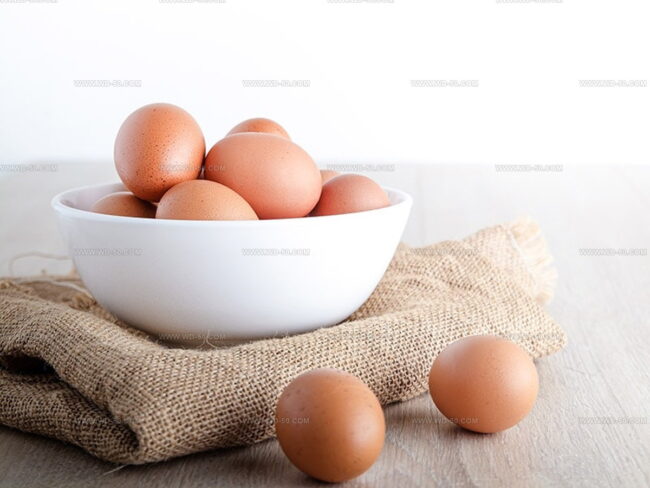
Isabella Rodriguez
Co-Founder & Content Creator
Expertise
Pastry Arts and Dessert Innovation, French and European Baking Techniques, Food Writing and Blogging, Culinary Event Planning
Education
Le Cordon Bleu Paris
Isabella Rodriguez is the co-founder and pastry chef at wd-50.com. She studied at Le Cordon Bleu in Paris, where she earned the Grand Diplôme®, a top award in both cooking and baking. After working in fancy bakeries and as a personal pastry chef, Isabella now shares her love for desserts in an easy way for home bakers to enjoy.
At wd-50.com, Isabella creates recipes for cookies, cakes, tarts, and more, always with clear steps and helpful tips. She believes baking should be fun, not stressful, and she hopes her recipes bring joy to your kitchen and smiles to your table.